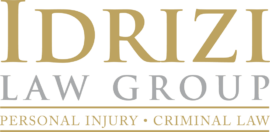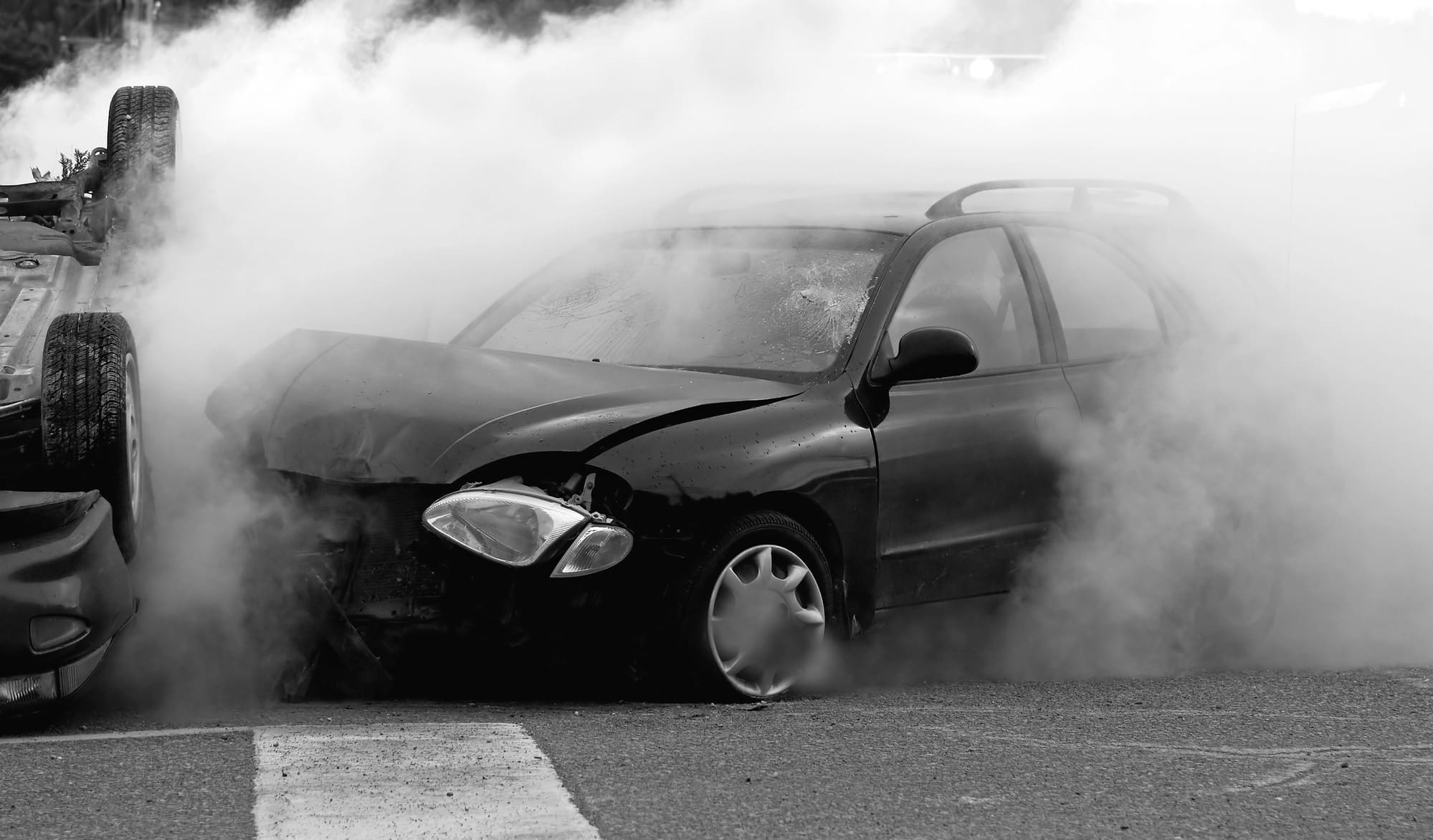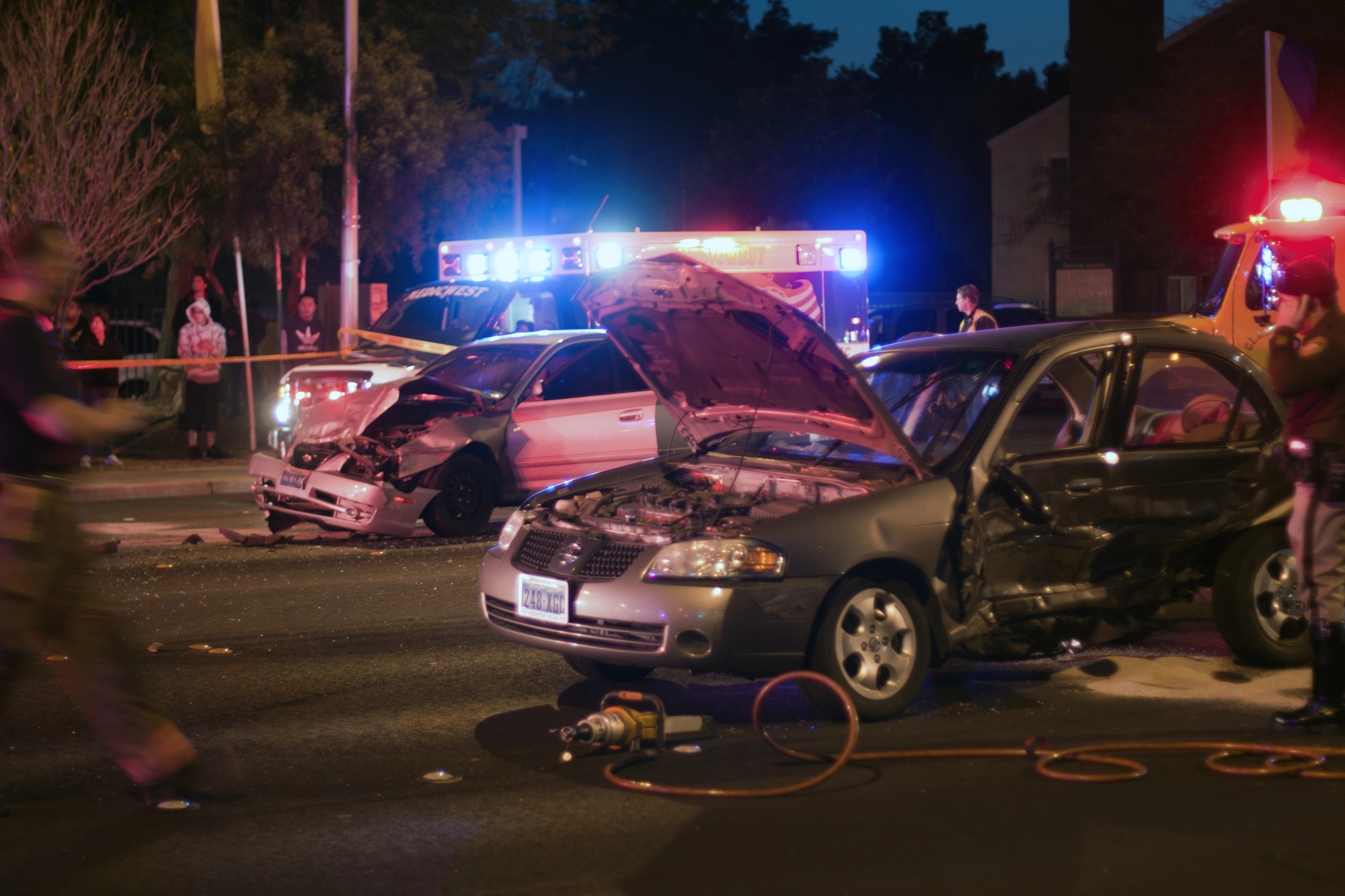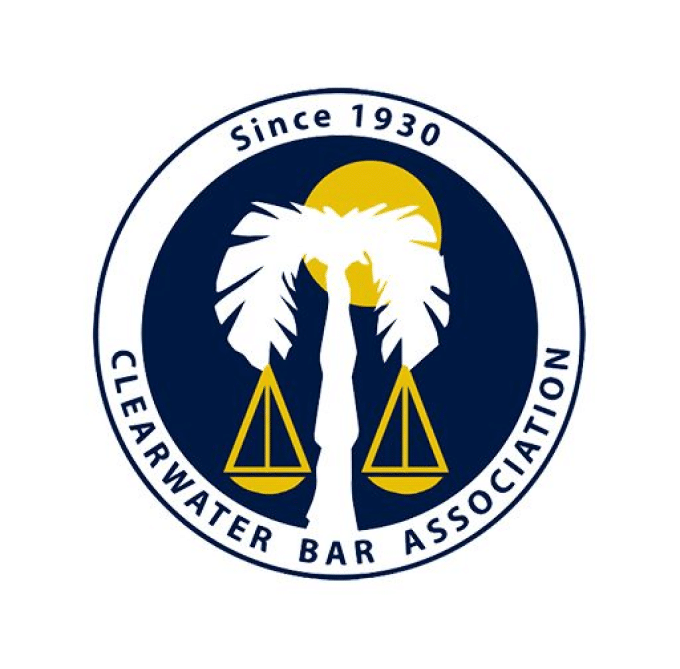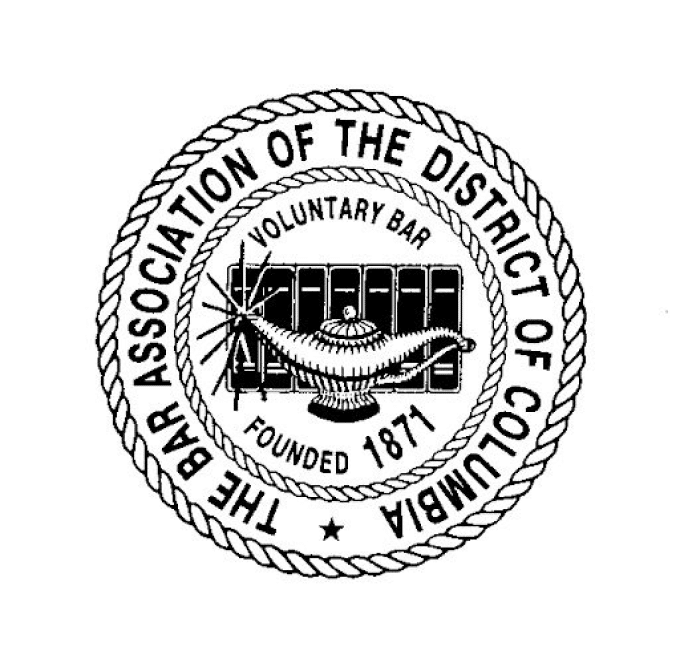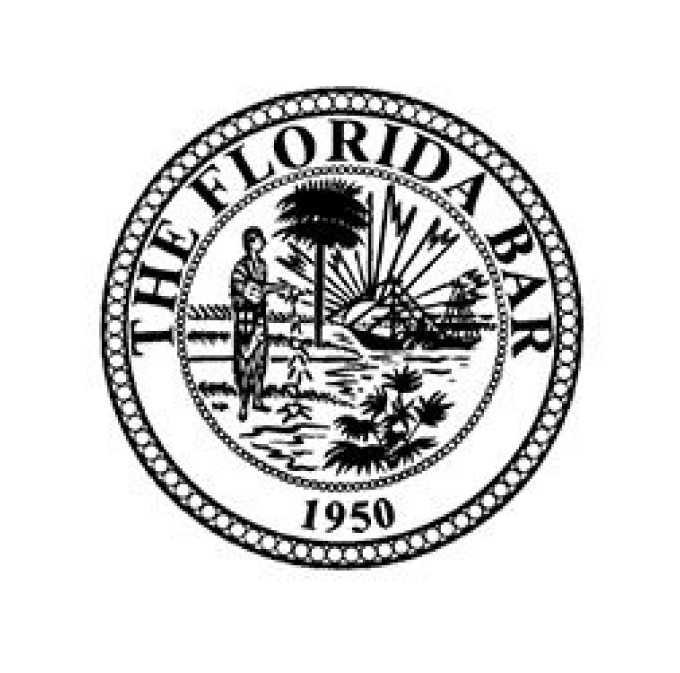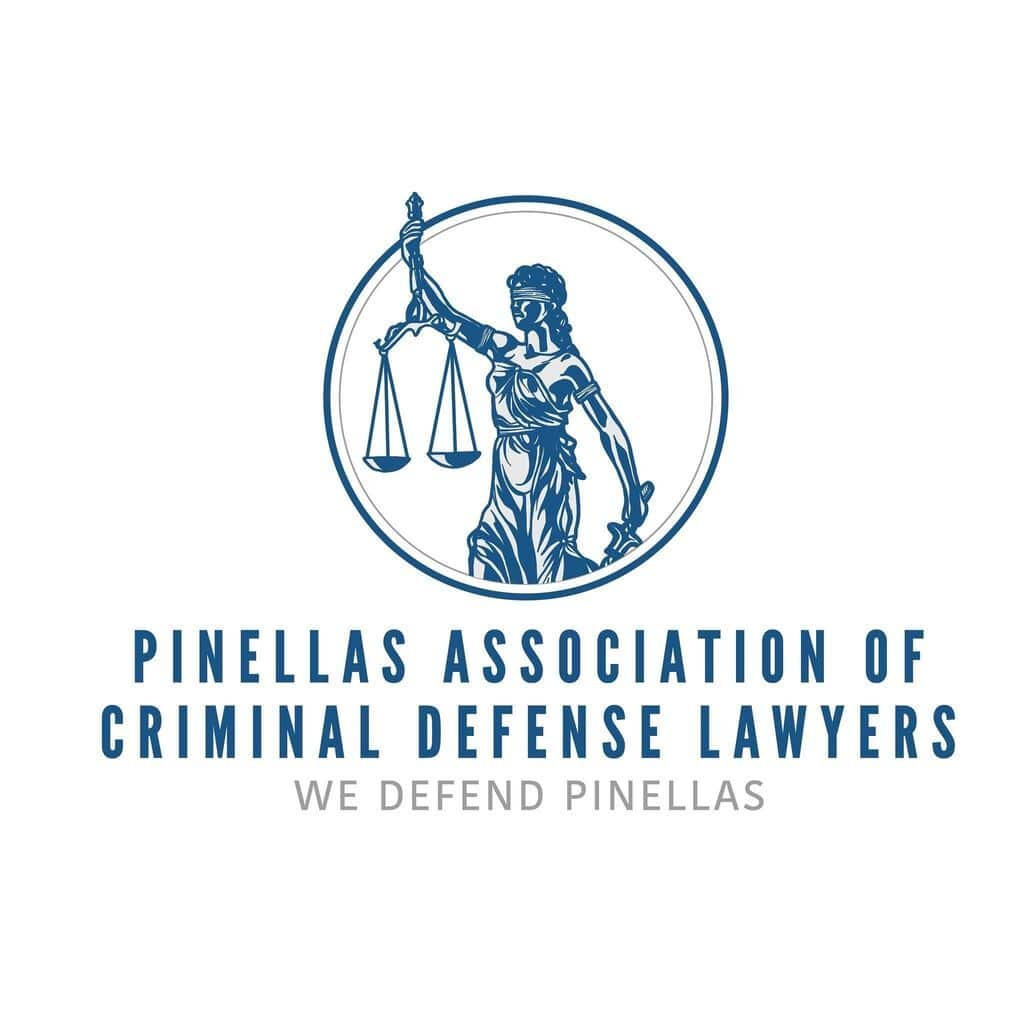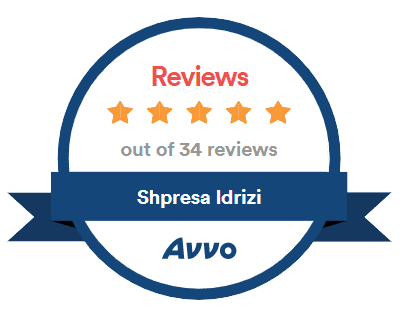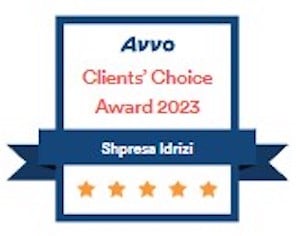Lane-splitting is a highly debated topic when it comes to both motorcycles and passenger vehicles on the road. While illegal in Florida, lane-splitting carries with it both its potentially life-saving benefits and dangerous downsides. This blog will explain ‘lane-splitting,’ discuss the pros and cons and raise the question of whether or not the practice should be allowed on the roads.
What is Lane-Splitting?
Lane-splitting is the practice of riding a motorcycle or passenger vehicle between two lanes of traffic, either stopped or slowly moving. Lane-splitting is sometimes referred to as ‘lane-sharing,’ ‘white-lining,’ or ‘stripe-riding.’
Benefits of Lane-Splitting
There are potential benefits of lane-splitting that proponents of the practice have noted. These benefits include:
- Increased Safety for Motorcyclists: One of the main arguments in favor of lane-splitting is that it can help to increase the safety of motorcycle riders. This is because lane-splitting allows motorcyclists to avoid being rear-ended by other vehicles, which is one of the most common types of motorcycle accidents.
- Less Traffic Congestion: Another benefit of lane-splitting is that it can help to reduce traffic congestion. This is because when motorcycles can lane-split, they take up less space on the road than if they were in a single lane of traffic. This, in turn, leaves more room for other vehicles and can help to ease traffic congestion.
The Cons of Lane-Splitting
One of the biggest dangers of lane-splitting is inattentive vehicle drivers who may not be expecting a motorcyclist riding up beside them. Some risks include:
- Sudden lane changes – A vehicle driver may unexpectedly change lanes without signaling, causing a collision with the motorcyclist.
- Visibility issues from a tractor-trailer – Similar to the above sudden lane changes, this risk is increased when a motorcyclist is alongside a large truck.
- Car doors opening – A driver may open their door without checking for a motorcyclist approaching from behind, leading to a collision.
- Road rage among other drivers – Some drivers may become agitated at the thought of a motorcyclist riding between lanes, which could lead to a dangerous situation.
- Distracted drivers – Distracted driving is already a common cause of car accidents, with 333 fatalities occurring in Florida in 2021 due to the practice. When a motorcyclist is brought into the equation, the damage can multiply exponentially.
What Do Studies Say?
A study conducted by the University of California, Berkeley found that lane-splitting was, overall, a safe and effective method for motorcyclists navigating traffic. Out of 5,969 motorcyclists who were involved in collisions, 17 percent engaged in lane-splitting and experienced less severe injuries than those who were not lane-splitting. For example:
| Injury | Non-Lane-Splitting | Lane-Splitting |
|---|---|---|
| Head | 17% | 9% |
| Torso | 29% | 19% |
| Extremity | 66% | 60% |
| Fatal | 3% | 1.2% |
It was also found that the speed in which a motorcyclist split lanes had no effect on injury occurrence up to a 15 miles per hour differential. Any speed above that compared to surrounding traffic puts the rider at an increased risk of injury.
Should Lane-Splitting be Legal?
This is a difficult question to answer, as there are pros and cons to the practice. On the one hand, lane-splitting can help to increase the safety of motorcycle riders by allowing them to avoid being rear-ended. On the other hand, lane-splitting can be dangerous if drivers are not paying attention and are not actively looking for motorcyclists.
Seeking a Motorcycle Accident Attorney in Clearwater, FL
If you or a loved one has been involved in a motorcycle accident, it is essential to seek legal assistance as soon as possible. The experienced personal injury attorneys at Idrizi Law Group can help you to understand your rights and options and guide you through the legal process. Contact us today for a free consultation.
If you have been injured in a motorcycle accident and are in need of compensation, call us today at 707-926-4924 or fill out our form online!
